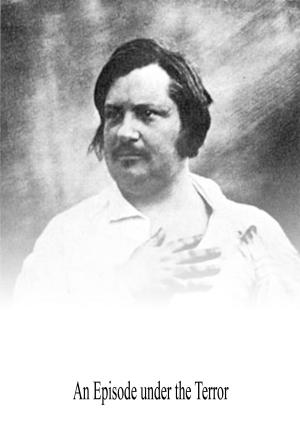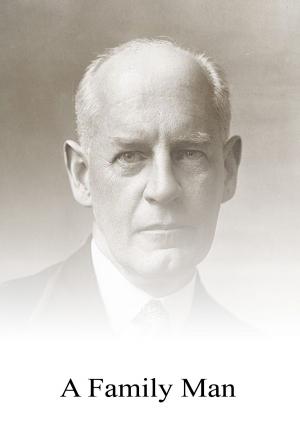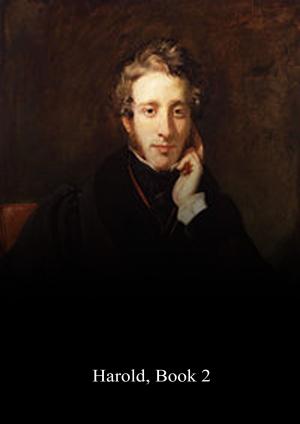Principles of Human Knowledge [Christmas Summary Classics]
Nonfiction, Reference & Language, Reference| Author: | George Berkeley | ISBN: | 1230000036236 |
| Publisher: | Zhingoora Books | Publication: | December 3, 2012 |
| Imprint: | Language: | English |
| Author: | George Berkeley |
| ISBN: | 1230000036236 |
| Publisher: | Zhingoora Books |
| Publication: | December 3, 2012 |
| Imprint: | |
| Language: | English |
Christmas Summary Classics
This series contains summary of Classic books such as Emma, Arne, Arabian Nights, Pride and prejudice, Tower of London, Wealth of Nations etc. Each book is specially crafted after reading complete book in less than 30 pages. One who wants to get joy of book reading especially in very less time can go for it.
GEORGE BERKELEY
Principles of Human Knowledge
George Berkeley, the metaphysician, was born on March 12, 1685, near Thomastown, Kilkenny, the son of a collector of revenue. He entered Trinity College, Dublin, at the age of fifteen, and was admitted Fellow in 1707. In that year he published two mathematical essays; two years later, his "Theory of Vision," and in 1710 his "Principles of Human Knowledge." In 1713, in London, where he had published further philosophical papers, he formed the acquaintance of Steele, Swift, and Pope. After travels in Europe he became chaplain to the Lord-Lieutenant of Ireland in 1721, and a few years after emigrated to Newport, Rhode Island, with a view to the establishment of a college in Bermuda for the education of Indians. This scheme fell through, because of the failure of the promised government support. Berkeley returned to London, and in 1734, by desire of Queen Caroline, was consecrated Bishop of Cloyne, in Ireland. Here he lived until 1752, but spent his last months in retirement at Oxford, where he died on January 14, 1753. Berkeley's "Principles of Human Knowledge" is one of the most eminent of that sequence of metaphysical systems which, beginning with Descartes, constitutes what is known as modern philosophy.
Christmas Summary Classics
This series contains summary of Classic books such as Emma, Arne, Arabian Nights, Pride and prejudice, Tower of London, Wealth of Nations etc. Each book is specially crafted after reading complete book in less than 30 pages. One who wants to get joy of book reading especially in very less time can go for it.
GEORGE BERKELEY
Principles of Human Knowledge
George Berkeley, the metaphysician, was born on March 12, 1685, near Thomastown, Kilkenny, the son of a collector of revenue. He entered Trinity College, Dublin, at the age of fifteen, and was admitted Fellow in 1707. In that year he published two mathematical essays; two years later, his "Theory of Vision," and in 1710 his "Principles of Human Knowledge." In 1713, in London, where he had published further philosophical papers, he formed the acquaintance of Steele, Swift, and Pope. After travels in Europe he became chaplain to the Lord-Lieutenant of Ireland in 1721, and a few years after emigrated to Newport, Rhode Island, with a view to the establishment of a college in Bermuda for the education of Indians. This scheme fell through, because of the failure of the promised government support. Berkeley returned to London, and in 1734, by desire of Queen Caroline, was consecrated Bishop of Cloyne, in Ireland. Here he lived until 1752, but spent his last months in retirement at Oxford, where he died on January 14, 1753. Berkeley's "Principles of Human Knowledge" is one of the most eminent of that sequence of metaphysical systems which, beginning with Descartes, constitutes what is known as modern philosophy.
![Cover of the book Principles of Human Knowledge [Christmas Summary Classics] by George Berkeley, Zhingoora Books](https://www.kuoky.com/images/2012/december/500x500/1230000036236-1Qmn_500x.jpg)














